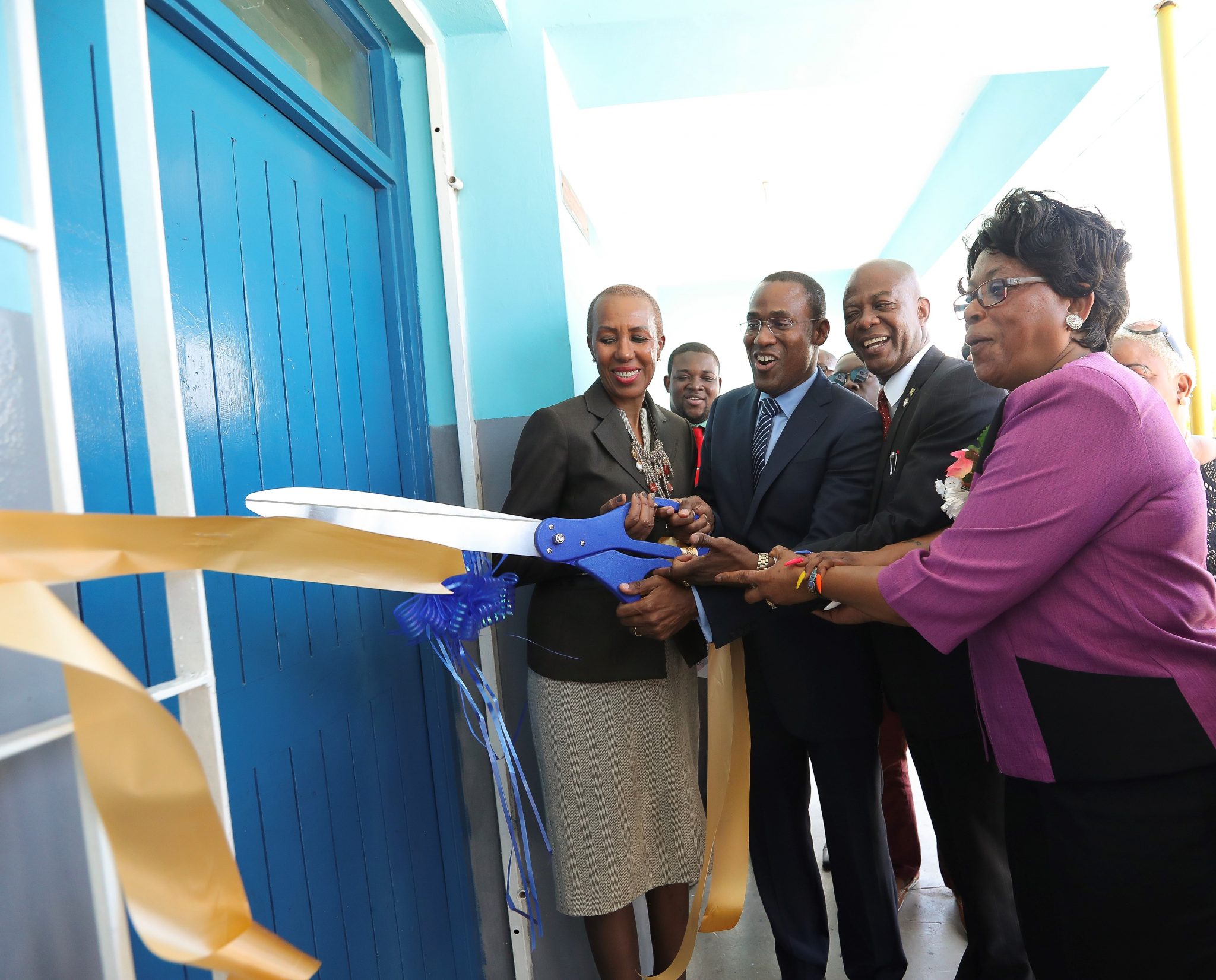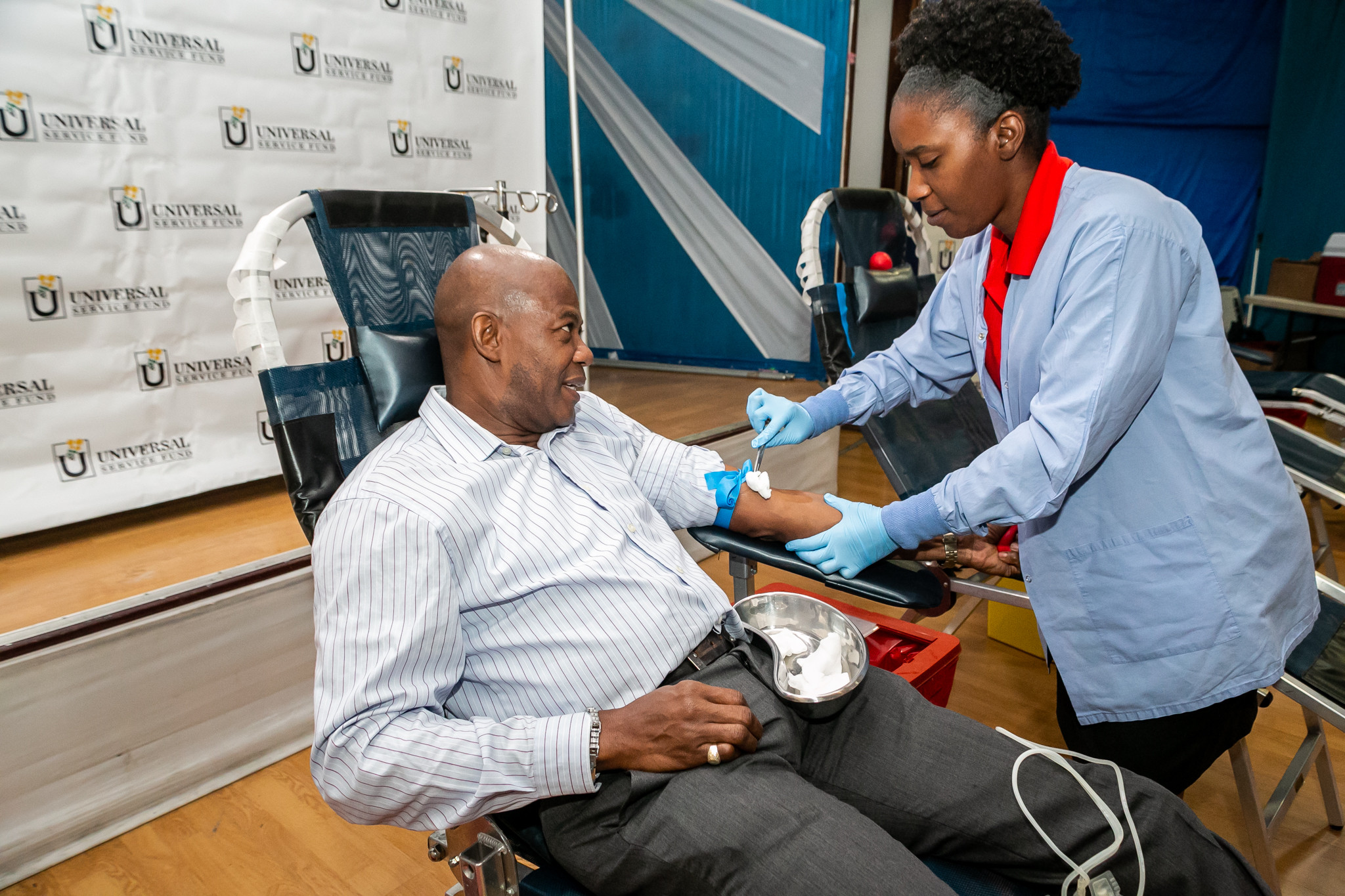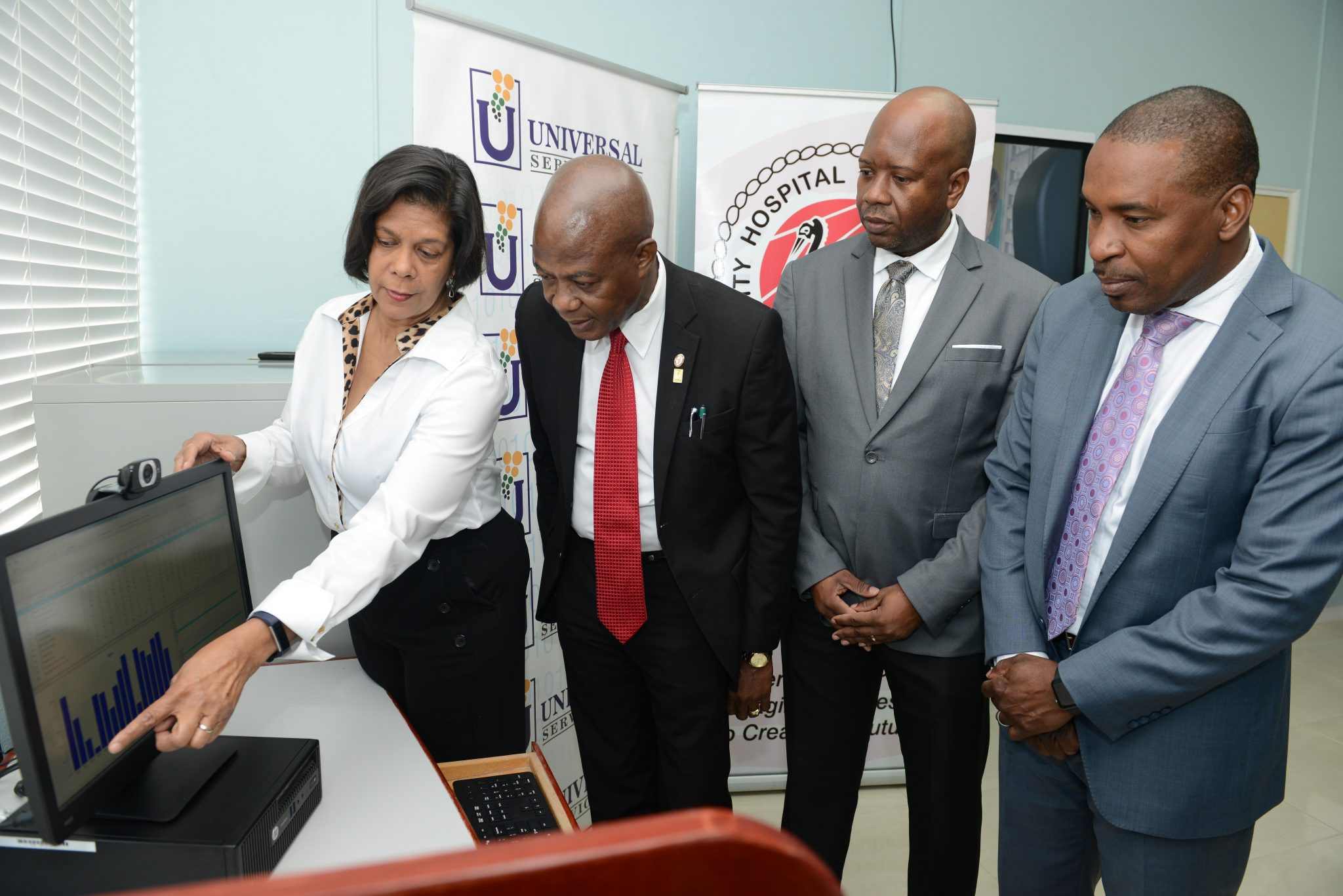USF Public Wi-Fi Project On Track
The Universal Service Fund (USF) says its initiative to establish Free Public Wi-Fi Hot Spots is on track, with the Agency set to meet its target of completing four (4) by the end of the financial year.
Earlier this year, the USF announced plans to create Wi-Fi Hot spots in St. James, St. Ann, Portland and St. Thomas by March 31, 2019. These four locations will be added to the Agency’s existing network of seven free Wi-Fi hot spots spread across the parishes of Kingston and St. Andrew, St. Elizabeth and Manchester.
Meanwhile, Chief Executive Officer of the USF Daniel Dawes says the impending closure of National Energy Solutions will have ‘absolutely no impact’ on the USF’s Public WiFi rollout as the entity is not involved in the project.
“The Connect JA Public Wifi project is managed and executed by the USF and we engage the telecommunications companies to provide internet service as well as other entities to provide networking or infrastructural work.” Dawes said.
He emphasized that the state-run rural electrification entity (NeSol) has no role in the USF’s public Wi-Fi endeavours.
He added that the Universal Service Fund collaborates with NeSol for the execution of a separate project aimed at installing solar systems at USF funded community computer labs.
According to Dawes, that project is near completion, with installation of the solar systems completed at 93% of the approved sites.
The Universal Service Fund is an Agency of the Ministry of Science Energy and Technology established in 2005. Its mandate is to bridge the information gap by providing internet connectivity with special focus on vulnerable groups particularly children, the elderly, persons with disabilities and the financially challenged.




